Common Applications of FIBC Bags in Various Industries
FIBC bags, also known as flexible intermediate bulk containers or bulk bags, are widely used in various industries for their versatility, durability, and cost-effectiveness. These large, flexible containers are made from woven polypropylene and can hold a wide range of materials, making them suitable for a variety of applications. Let’s explore some common uses of FIBC bags in different industries.
FIBC bags, also known as flexible intermediate bulk containers or bulk bags, are widely used in various industries for their versatility, durability, and cost-effectiveness. These large, flexible containers are made from woven polypropylene and can hold a wide range of materials, making them suitable for a variety of applications. Let’s explore some common uses of FIBC bags in different industries.
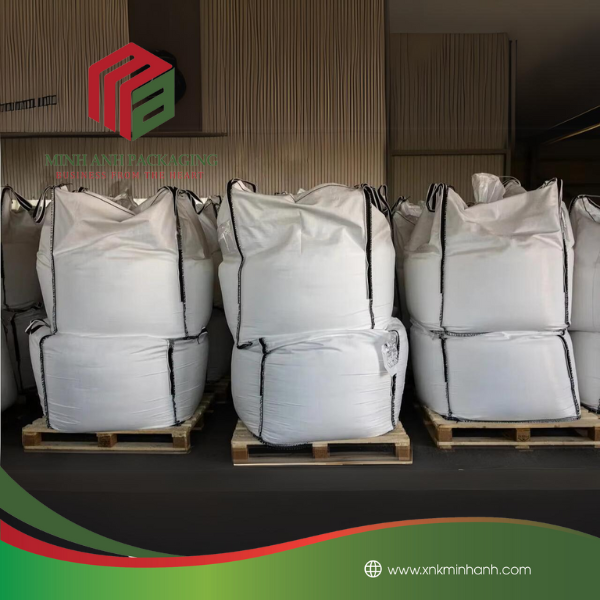
In the agriculture industry, FIBC bags are commonly used for storing and transporting bulk quantities of grains, seeds, fertilizers, and other agricultural products. Their large capacity and ability to be stacked make them ideal for storing and transporting agricultural commodities. FIBC bags also provide protection from moisture, pests, and contamination, helping to maintain the quality of the stored products.
In the construction industry, FIBC bags are used for transporting and storing construction materials such as sand, gravel, cement, and other aggregates. Their strong and durable construction makes them suitable for heavy-duty use in construction sites. FIBC bags can be easily lifted and transported using cranes or forklifts, making them a convenient and efficient choice for construction material handling.
FIBC bags are widely used in the chemical and pharmaceutical industries for handling and transporting bulk quantities of powders, granules, and other materials. These bags are available in different designs to meet the specific requirements of different chemicals and pharmaceutical products. They provide a safe and secure containment solution for hazardous materials, helping to ensure workplace safety and regulatory compliance.
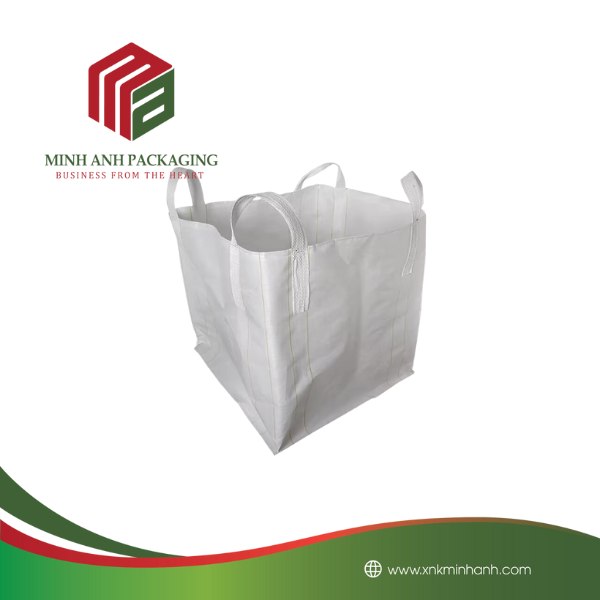
In the food and beverage industry, FIBC bags are used for handling and storing bulk quantities of ingredients such as sugar, flour, rice, and other food products. These bags are designed to meet strict hygiene and safety standards, making them suitable for food-grade applications. FIBC bags help to streamline the handling and storage of food ingredients, ensuring efficient operations in food processing facilities.
FIBC bags play a crucial role in the mining and minerals industry for transporting and storing ores, minerals, and other bulk materials. Their robust construction and ability to withstand heavy loads make them well-suited for the harsh conditions of mining operations. FIBC bags can be customized with features such as liners and sift-proof seams to prevent contamination and spillage of valuable mineral resources.
In the waste management industry, FIBC bags are used for collecting, transporting, and disposing of various types of waste materials. These bags provide a convenient and cost-effective solution for handling bulk quantities of waste, including construction debris, recyclable materials, and hazardous waste. FIBC bags help to streamline waste collection and disposal processes while minimizing environmental impact.
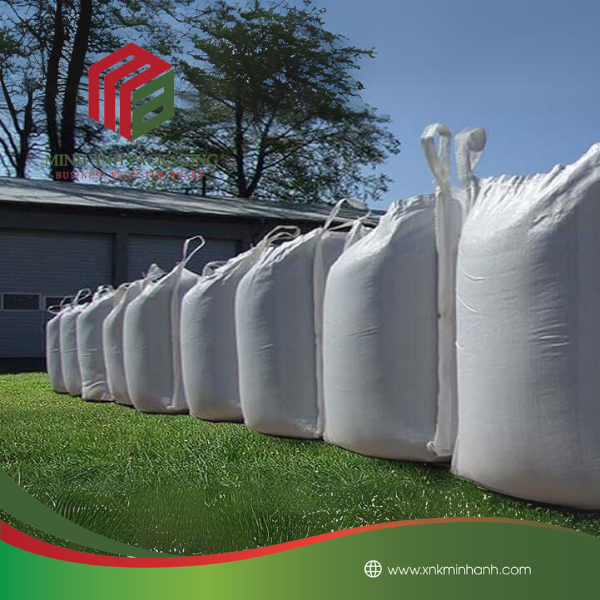
FIBC bags are widely used in logistics and warehousing for efficient storage and transportation of bulk goods. Their stackable design and ability to be transported using standard handling equipment make them an ideal choice for optimizing warehouse space and streamlining logistics operations. FIBC bags can be easily stored in warehouses and loaded onto trucks or shipping containers for transportation.
Overall, FIBC bags offer a versatile and reliable solution for a wide range of industrial applications. Their ability to handle bulk quantities of materials safely and efficiently makes them indispensable in industries such as agriculture, construction, chemical and pharmaceutical, food and beverage, mining and minerals, waste management, logistics, and warehousing. With their customizable features and cost-effective benefits, FIBC bags continue to play a crucial role in modern industrial operations.
Hãy là người đầu tiên nhận xét “Common Applications of FIBC Bags in Various Industries” Hủy
Sản phẩm tương tự
Tin Tức Bao Bì
Tin Tức Bao Bì
Tin Tức Bao Bì
Food Cling Film: Outstanding Advantages in Food Preservation
Tin Tức Bao Bì

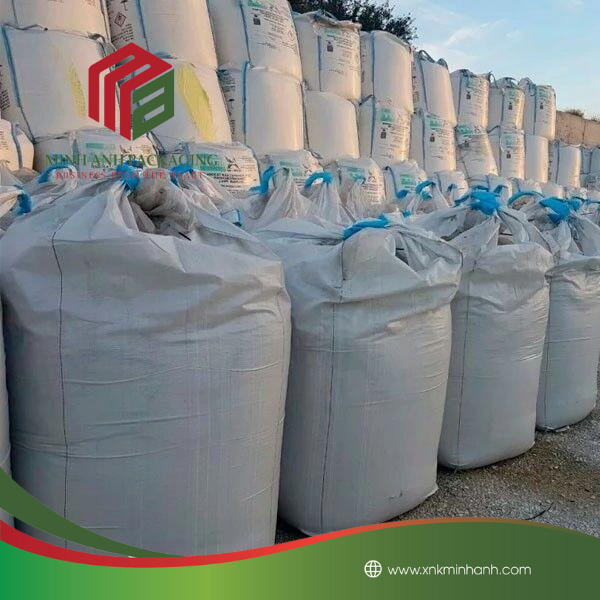
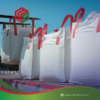













Đánh giá
Chưa có đánh giá nào.